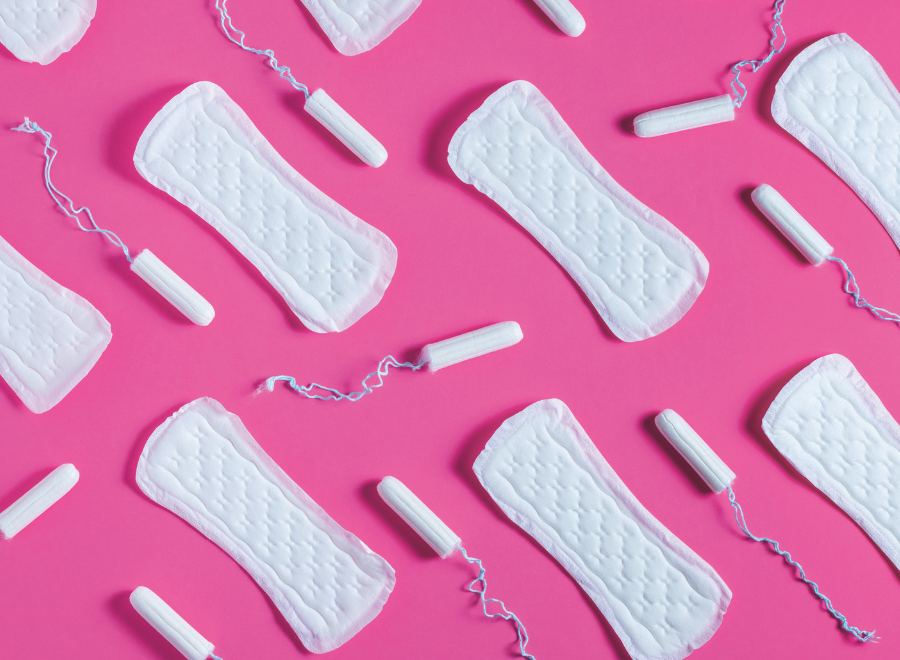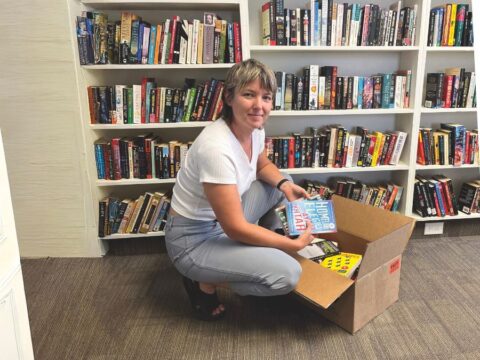I was in grade 8 when I discovered that one of my peers always hid a stack of tissues in her sleeves in case she got her period. Later that year, I started doing the same. Being caught with tissue paper felt less embarrassing than a concealed pad in your sleeves. Imagine the shame if the boy you had a crush on discovered your period supplies in school!
I grew up in Bangladesh, where talking about periods was taboo. After moving to Canada at 18, I discovered that the stigma and inequity associated with periods existed here too.
You may unsubscribe from any of our newsletters at any time.
According to a 2023 House of Commons report, period poverty — the lack of adequate menstrual supplies — disproportionately impacts the historically marginalized in Canada: Indigenous people, immigrants, students and individuals who are homeless, living in poverty or have disabilities. The COVID-19 pandemic, rising living costs and climate-fuelled emergencies have exacerbated marginalization, making period poverty critical to address now.
A 2023 survey by Women and Gender Equality Canada found that one in six Canadians have experienced period poverty, which impacts their ability to participate in school, work and other day-to-day activities. That same survey highlights that the expense of period products is the most critical factor driving period poverty.
But period poverty is more complex than the price of pads. It’s a systemic problem that intersects with costs, access, education and equity. If we want to eradicate period poverty, we must address its root cause: the need for adequate education about menstruation.
More on Broadview:
For decades, the stigma and shame surrounding menstruation have stifled necessary conversations about periods. Last year, a survey by Plan International revealed that 62 percent of Canadian women did not receive any or adequate menstruation education. When we don’t talk about periods, we can’t advocate for menstrual equity.
In 2016, I started Free Periods Canada, a non-profit organization. Our most recent efforts have focused on promoting education through digital resources and workshops reaching hundreds of youth and teachers across Canada. With the advocacy from individuals and other non-profits, we’ve managed to gain government support and bring national attention to period poverty. In 2023, the federal government launched the Menstrual Equity Fund Pilot to address period poverty in Canada. As part of the pilot, we partnered with Food Banks Canada to scale up our educational initiatives across the country.
Whether you get periods or not, we can all play a role in eliminating period poverty. At an individual level, we can normalize conversations about periods by learning and sharing our knowledge. Communities, places of worship and businesses can promote period-friendly facilities by providing free menstrual supplies. Governments can implement sustainable policies that enable period education and the accessibility of supplies.
As we take steps toward making menstrual health equitable, I often find myself thinking about my Grade 8 peers and how empowered we would have been if we’d had access to period supplies in a private place when we needed them. At the very least, we wouldn’t have felt the need to hide tissue paper up our sleeves to manage a natural, biological aspect of our bodies.
***
Zeba Khan is the founder of Free Periods Canada.














